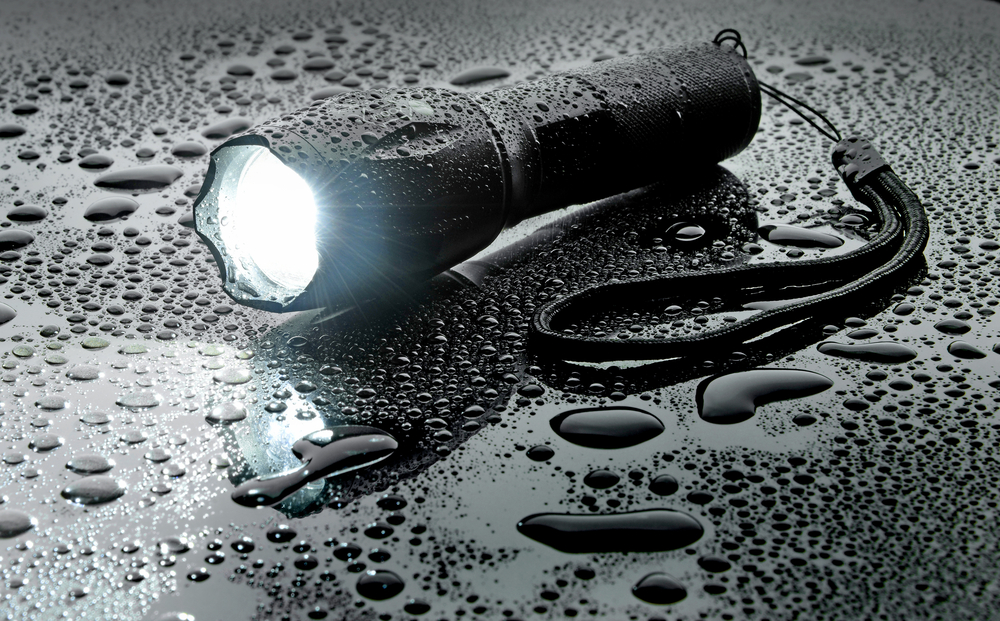11 Camping Essentials You Should Never Be Without
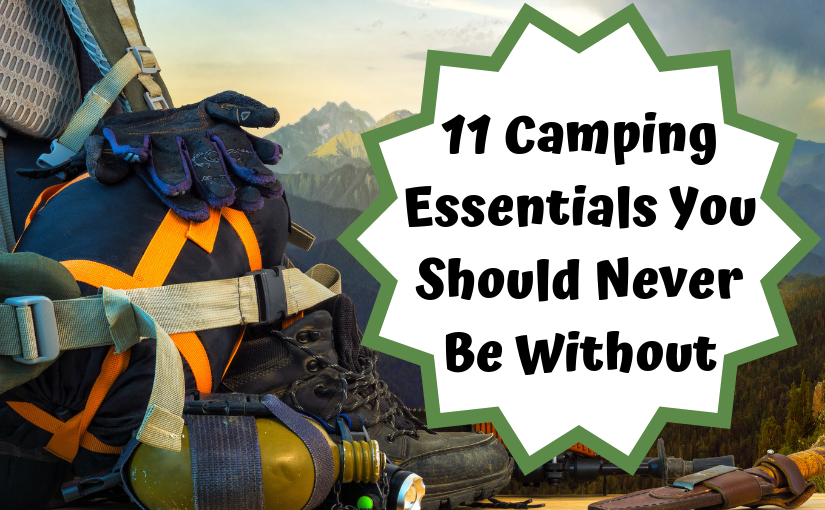
Who wouldn’t love a quick trip through and to the great outdoors? Getting close to nature can be the perfect way to reset your senses, clear your mind, and just escape the hustle of the urban jungle – without having to put too much of a dent on your wallet. No doubt, outdoor trips can be a budget friendly way to get your monthly dose of travel without the expensive, extensive preparations that international travel requires. But of course, it might come with its own unique challenges.
Most nature lovers will tell you that the outdoors might not be all that ‘great’ if you’re not prepared. Bugs, dirt, wild animal encounters, food and water supply, and of course, the risk for injury are all very real risks that you’ll have to keep in mind. So, before you go out and trek through to your chosen campsite, you might want to make sure you’ve got these 10 essentials in your bag.
1. Rope
While most people think ‘flashlight’ or ‘can opener’ when they’re confronted with the idea of camping essentials, the very first thing you should actually pack is a length of rope. Even expert outdoorsman Bear Grylls himself would assert that rope is possibly one of the most vital needs for any nature trip.
Rope can be used to support a make-shift roof, suspend food from a branch to keep it away from predators and pests, support your weight as you traverse dangerous terrain, and help you gather food and resources while you’re in the wild. Make sure you choose a sturdy length of rope, in as long a stretch as you can carry. Five meters should be enough, but if you feel you have space for more, then do extend your supply!
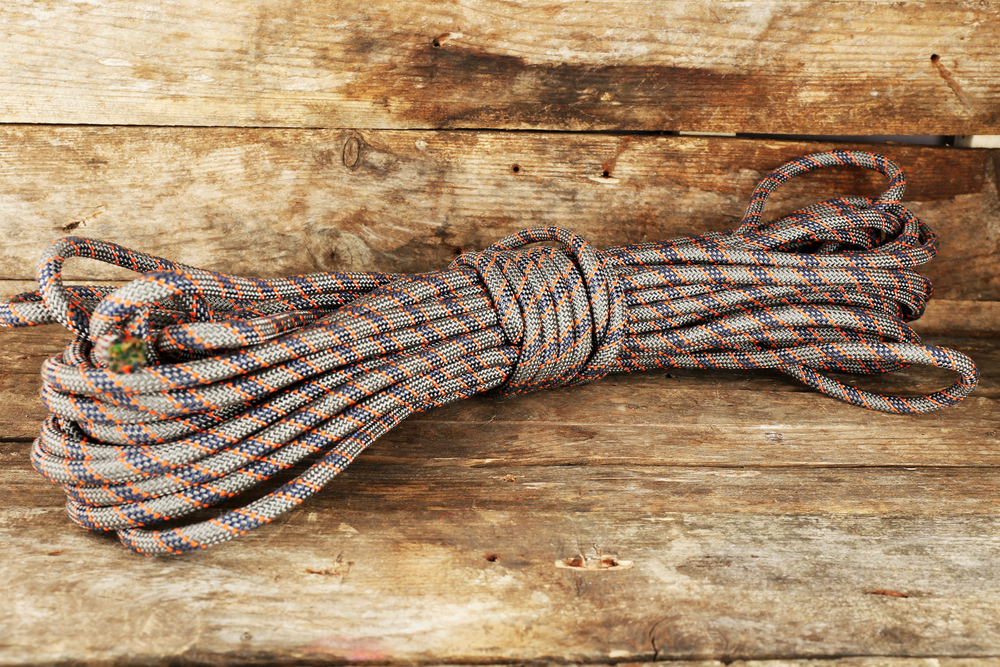
2. Multi-Purpose Knife
When you’re traveling through the outdoors, you’ll find that a knife will pose a variety of functions to help ease the process of building your temporary campsite. A reliable knife can help you collect resources, cut down leaves, slice through materials, and if the need presents itself, even protect yourself from possible threats in the wild.
Carrying a good knife can make it possible to do without other items like can openers and scissors, letting you save space and carry less without limiting your ability to get things done while you’re out and about.
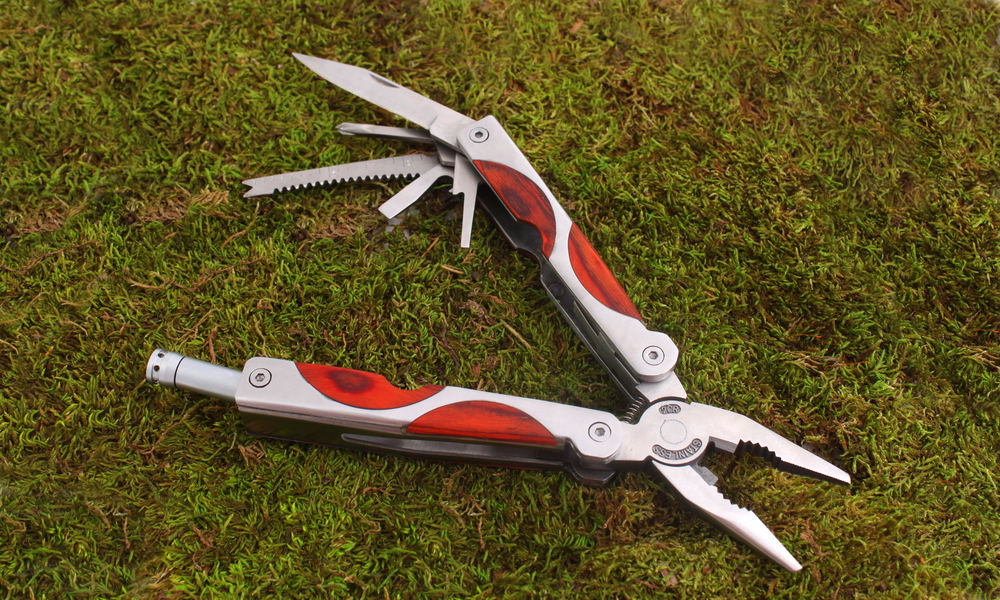
3. Canned Goods
Unless you’re an expert fisherman or hunter, then you probably won’t be able to catch any game. That’s just the truth – hunting takes practice. So, to save yourself from the hassle of having to find and kill an animal, consider packing along some canned goods. Why should they be in cans? Good question.
Depending on where you are in the wild, it’s possible that you might be within proximity of wild animals that tend to scavenge off of campsites. Bringing food that doesn’t emit a strong odor – such as those protected by canned packaging – can limit the risk of having this creature’s dwell into your camping grounds. It also helps to have air-tight containers to keep food packaging when you’ve consumed them. Hey, it’s never cool to leave trash behind.
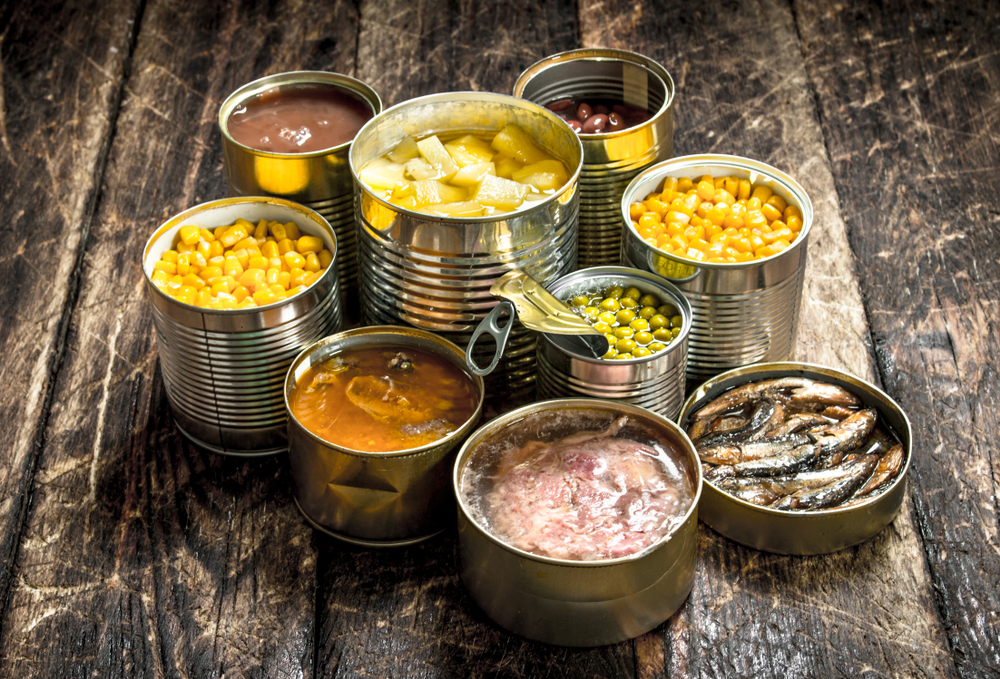
4. First-Aid Kit
This one should pretty much be a no-brainer. First aid kits are essential for outdoor trips because you never know if you’ll trip, fall, scrape a knee, or worse. Having these essentials at the ready can make it possible for you to provide yourself and your camping buddies vital first aid in case of injuries and accidents.
What should your first-aid kit contain? Bandages, antiseptic solution, cotton, OTC pain relievers, antihistamines, and a small pair of scissors can be more than enough to keep you well cared for in case of an accident.
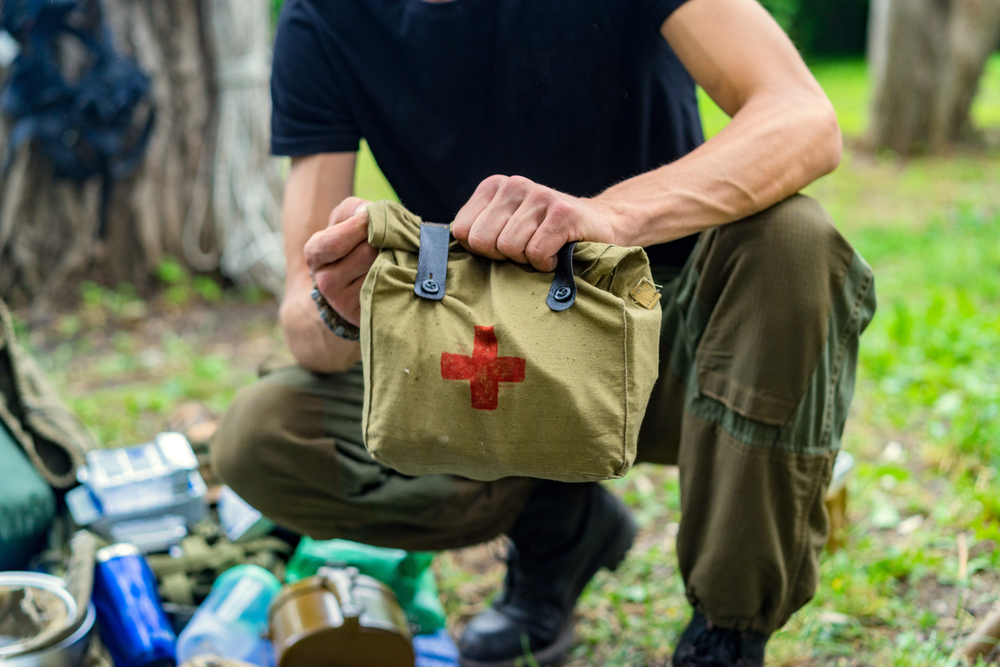
5. Fire Starter
Let’s face it – the process of rubbing two sticks together to spark a fire can be pretty time-consuming. And if it’s close to sundown and you’re still struggling to build a flame, you might even be putting yourself in danger.
Bringing a match or lighter can help you generate warmth with minimum effort. There are also lots of companies out there that offer fire starter kits to help ease the process of building a flame. Do away with the endless rubbing and use one of these essentials instead – you’ll thank yourself for it during those dire moments when sunlight is scarce.
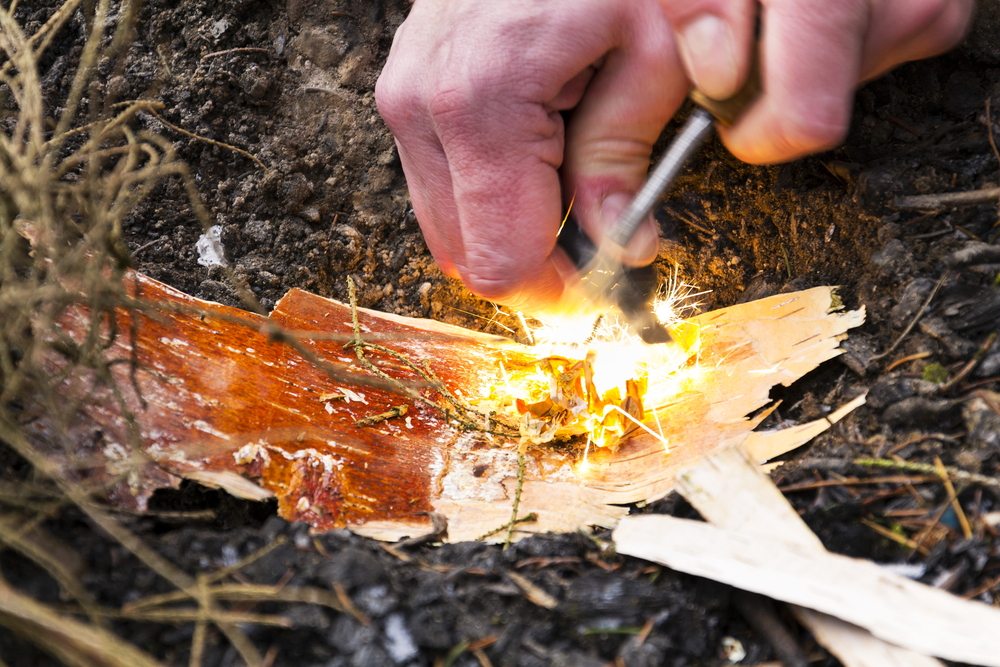
6. Purifying the Water While Camping
The contents of your canteen might not be enough to see you through an entire trip. But because water can weigh you down, it’s important that you bring along a tool that lets you collect drinkable water straight from the source. A water sterilization straw or canteen should allow you to clean fresh water and make them viable for drinking. This eliminates the risk of upsetting your stomach or ingesting contaminants when you collect water from streams and ponds.
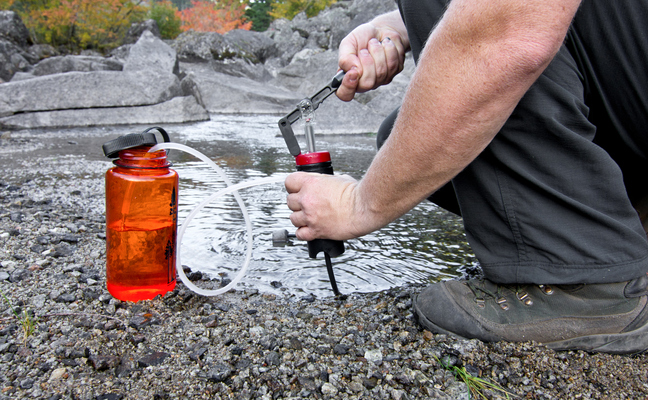
7. Disposable Underwear
Ever try sloshing through the wild with soiled undies? Yikes. Feeling the dirt and grime of the great outdoors can easily water down anyone’s excitement. So be sure to carry around enough disposable underwear to keep yourself feeling fresh and clean even in the depths of the forest. Don’t forget – even though they’re disposable, it’s important that you keep them for proper disposal when you reach civilization.
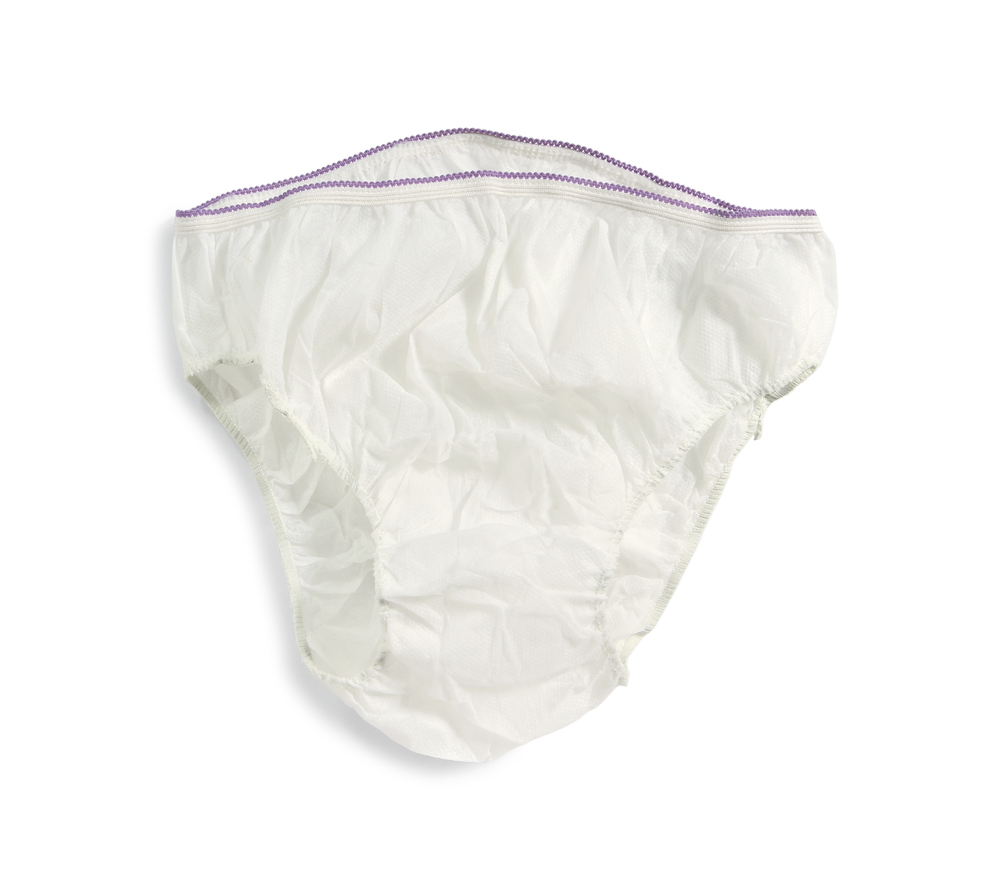
8. GPS Tag
The truth is that the wild isn’t quite as harmless and tranquil as it seems. There are lots of nature enthusiasts who get lost and suffer ill fates while traveling through the outdoors. So you need to make sure you maintain your safety as your main priority.
A GPS tag is a small, simple device that you carry in your pack and link to your loved one’s devices. This helps them see your location in real time so in the event of an accident or if you get lost, they can do without the search parties.
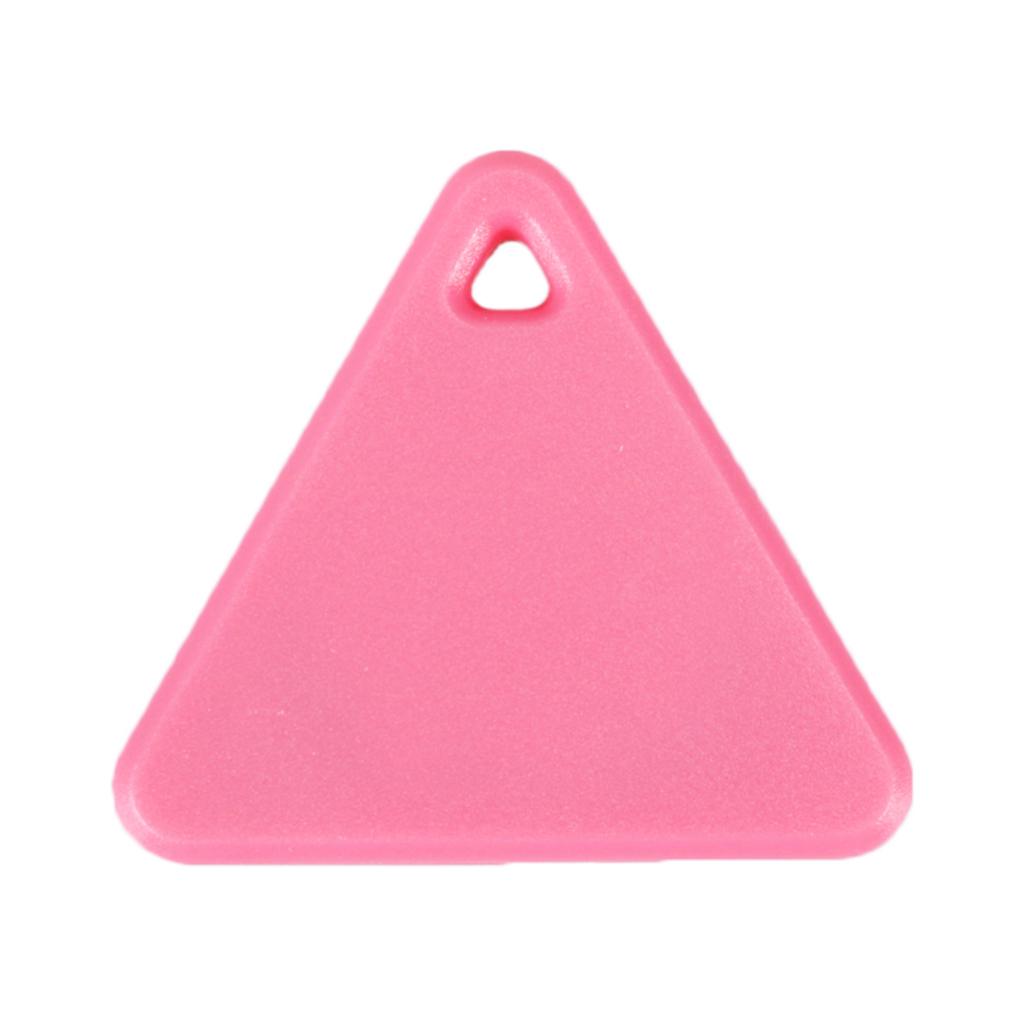
9. Tarps
A tarp is a large sheet of waterproof material that you can use to build a tent, keep dry, and even improve your visibility in case you’re lost and want to be found. In some cases, outdoor experts have also used tarps to catch fish. But the main purpose of a tarp would be to build shelter, since it’s far easier to carry around than a heavy, bulky tent.
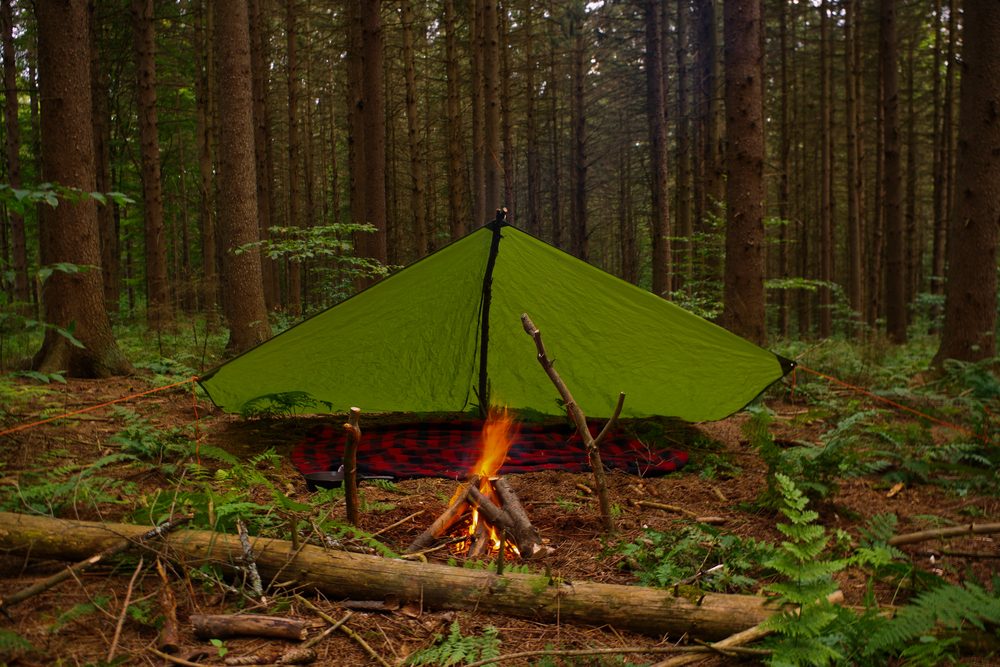
10. A Change of Clothes
Even with all those weather forecasts, you can never be sure how Mother Nature might want to behave while you’re out. Pack along a change of clothes, especially those you can use in alternate weather. After all, being cold and wet in the wild can water down the enjoyment of any outdoor experience and may even be the reason that you come home with a cold.

11. Waterproof Flashlight
The only thing worse than being lost outdoors is being lost outdoors while it’s dark. Carry around a waterproof flashlight that can sustain several hours or even days of use. Strap it close to you at all times and keep it ready when sunlight starts to dwindle. Not only should it help you figure out what to do and where to go when it’s dark, but it may even help during sire situations.
